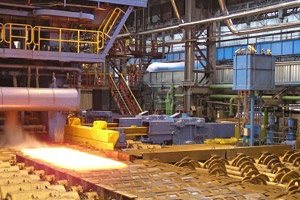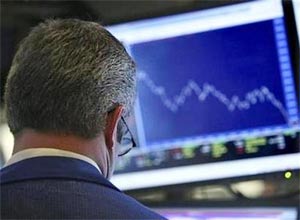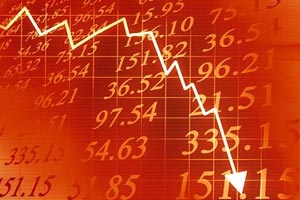| |
| Does the Current Crisis Represent a Weakness of the Market Economy? |
By Batyr Komurzoev, Sales Manager (CIS Countries)
|
| |
| The ongoing economic turmoil initiated by the crises in the American sub-prime and finance markets has been seen by some analysts as a weakness of the free-market economy which is not quite true. Instead, the crisis is due to the weakness of monetary system and financial markets which often distract the real economic activities. |
| |
 |
Market economy is defined as an economy with free price system that determines prices of goods and services set by supply and demand. This is in contrast to the planned economy characterized by a fixed price system in where a central government determines the price of goods and services. Market economy refers more to real economy, where goods are produced and services are provided and to the mechanism of interaction between producers, suppliers and consumers. When Adam Smith first conceptualized and advocated the market economy as a more productive and beneficial to society in his famous work “The Wealth of Nations” published in 1776, he talked about the real economy and how the economic |
|
| agents interact in the free market economy. During that time, the monetary system was in the form of gold and silver coins and currencies backed by gold, both of which were very stable and free from inflation. In fact, a stable monetary system can be considered as a prerequisite for the market economy to be efficient. |
| |
| Today, we have a monetary system in the form of fiat monetary system composed of base money (notes and coins) without any intrinsic value and credit money created by modern banking institutions and usually much larger than the base money. This system allows a continuous creation of money leading to inflation due to loss of purchasing power of money and a fluctuating money supply due to the changing decisions of banking sector on the amount of credit to issue. In times of perceived positive economic prospects which increases the likelihood that the borrowers will be able to repay, more credit will be issued, while in case of lost confidence in future economic prospects, less credit will be issued, thus making the situation even worse. Thus, |
|
|
| the fluctuation in money supply affects the real economy and leads to business cycles. |
| |
 |
In addition to the fiat monetary system, we have advanced financial markets that include stock markets, money markets and derivatives markets and the ongoing financial engineering (commonly sighted nowadays as the main cause of the ongoing crisis), that continuously adds new products to these markets all of which are quite distant from the real economy. For example, prior to the appearance of formal money markets, the transfer of money internationally was solely to support the underlying trade of import and export of goods. Today, however, a larger sum of money is transferred for the arbitrage purpose to buy and sell foreign currencies and make profit on the changing differences in their values. Similarly, the derivatives are simply the rights to buy or sell the underlying stocks of other assets and do not add |
|
| any value to the real economy. With the introduction of the derivatives markets, huge amounts of money are being invested in its transactions, sometimes referred to as gambling where some win and others necessarily loose. Stock markets are known for the artificially increasing prices referred to as stock market bubble, with investors buying and selling stocks of the companies with little reference to their actual situation and profit forecasts. All of these markets add little value to the real economy, while in case of a fall in these markets, the real economy gets effected badly with lack of credit and high interest rates which makes it difficult to borrow and invest in real economy. |
| |
| Is it possible for the companies in real sector to avoid the problems associated with the financial sector? |
| The effects of the financial crisis, similar to the one the world is experiencing today, are quite difficult to avoid even for the companies involved in real sector due to the fact that the aggregate demand for all goods and services has fallen. However, some companies which are not involved in financial markets and have low level of borrowings can cope better with the crisis. The companies in this category are the ones involved in real economy and use their own capital with little dependence on loans or capital raised from the financial markets. They might experience a temporary fall in the profits due to the fall in the demand of their goods and services, but with no outstanding fixed interest payments the burden is lower. Furthermore, as the economy starts to pick up, |
|
|
| these companies can react to the increased demand much faster using their own capital as compared to the companies that depend on borrowing. |
| |
 |
FingerTec falls into this category of companies that do business in real sector, manage company's assets prudently and have little dependence on borrowing. In fact FingerTec has no financial leverage and uses its own capital to support operations and expansion of business. The revenues of the company are coming from the sale of its main products, i.e. fingerprint access control and time attendance products. Access funds are used for the improvement of companies operations and expansion of the market, rather then investing in capital markets like some companies do lured by the high profits. The trading in the financial markets can, of course offer huge profits, but once there is a market crash, the losses far outweigh the profits and sometimes cause a shut down of the entire business. |
|
| |
Therefore, while companies in real sector can not completely avoid the crash in the financial markets, they can at least minimize its effect by having lower financial leverage and concentrating on their main business without diversifying into financial market operations. |




